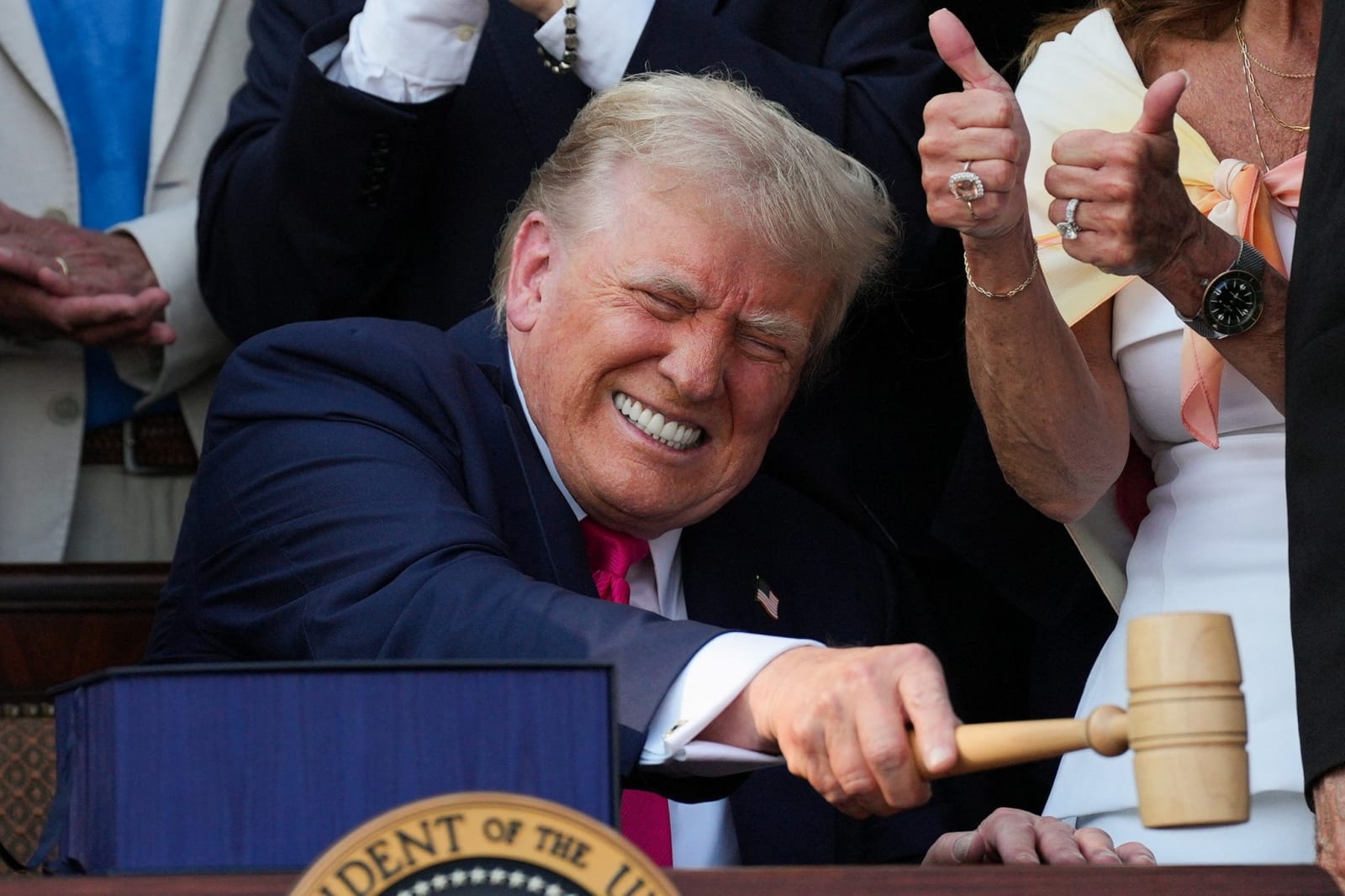In a world that's constantly evolving, it's reassuring to see certain things remain unchanged – my annual health insurance premium i...

In a world that's constantly evolving, it's reassuring to see certain things remain unchanged – my annual health insurance premium increase has just been received for the twentieth consecutive year! For 2026, the small-group policy offered by my company is expected to go up by approximately 10%. And surprisingly, in the realm of American healthcare, this is seen as a relatively small rise.
For my family — which includes me, my wife, and our four children — our health insurance plan costs approximately $1,800 each month, with a $12,000 yearly deductible. This amounts to roughly $34,000 annually.
If your household makes approximately $110,000 annually, you're in a very strong financial position: this places you within the top 15% of income earners in states such as Wisconsin.
But even with that income, a $34,000 yearly healthcare cost consumes 40% of your after-tax earnings..
Let's view it in context:
・That $34,000 is almost six timeswhat that same family contributes in Medicare taxes — taxes that support the elderly and most ill individuals across the nation.
・The $34,000 exceeds the total amount my family spends on groceries, housing, property taxes, and essential services.
・The difference between what we pay and what we actually use has turned into something almost laughable: I visit Hy-Vee four times a week, yet I haven't seen a doctor in more than three years.
However, here's the more significant issue: When premiums increase by 7% annually — which is referred to as "moderate" — the power of compound interest causes the cost to double within a single decade.
With just a 7% rise, by 2037, a household making $110,000 would have to pay a $45,000 yearly premium for a small-group health plan. Including a $15,000 deductible, private insurance would account for 80% of their post-tax income.
No family, regardless of how diligent or committed, can endure that.
We have been promised changes for almost ten years. Donald Trump started discussing healthcare improvements as early as 2016. By 2024, the nation still had no more than "ideas for a plan." Temporary fixes—adjusting subsidies, modifying tax credits, or sending out $2,000 checks—are far from being a genuine solution.
At a minimum, Congress needs to ensure that sudden price increases do not severely impact families on January 1, yet the necessity of these tax credits highlights the unmanageable costs in the healthcare system.
We have run out of time for minor adjustments. The system isn't in need of refinement — it requires fundamental transformation.
What is required is courageous leadership and innovative concepts. In my opinion, the quickest and most effective way ahead is a public option — Medicare available to all who wish to participate..Allow individuals and small businesses to participate in Medicare. If my family could obtain coverage for under $34,000 annually, that would be an immediate cost reduction! And we aren't the only ones. This is why I am working alongside other small business owners, including those from the Main Street Alliance, to make this happen.
It's impossible to address an economic issue through partisan politics. This is why Rep. Derrick Van Orden should join discussions regarding healthcare. He previously promised to safeguard rural healthcare this year, but later abandoned the people of Western Wisconsin by supporting the 'Big Ugly Law'. The current system is flawed, and we require dedicated individuals to tackle healthcare in a responsible manner. The financial evidence has already been presented. Now, we need you to demonstrate the bravery to act accordingly.
Mike Draper is the creator and proprietor of RAYGUN, a business that produces apparel, household items, and time travel equipment, as well as a participant in the Main Street Alliance.
Related Articles:
・Healthcare costs to rise 'approximately 75 percent' in Republican-led states if financial assistance ends
・Trump has 'consistently not met expectations' on important matters — and it's 'creating division' within the GOP.
・Republican concerns that the GOP will face significant losses in 2026
・The rising costs that are likely to create greater anxiety among all Americans
・Watch this congresswoman dismantle her Republican opponent's hollow healthcare pledges.



